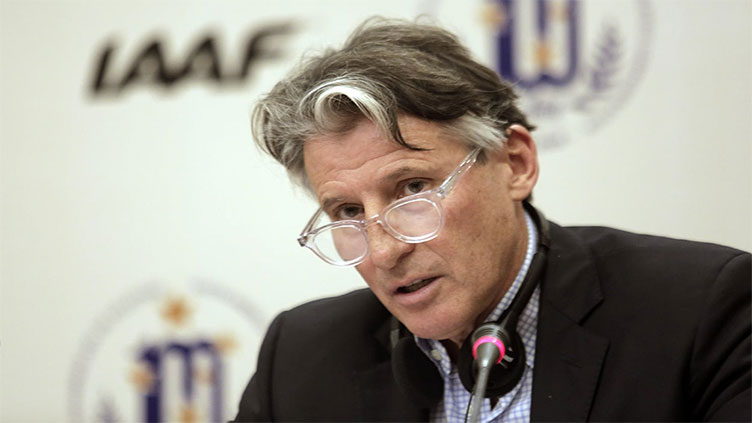Athletics chief Coe warns over 'fragile' future of women's sport

Sports
Coe said there is no question that testosterone is the key determinant in performance.
LONDON (AFP) - World Athletics chief Sebastian Coe says women s sport faces a "fragile" future unless sporting federations get the regulations right over the participation of transgender athletes.
His warning comes after American swimmer Lia Thomas became the first transgender athlete to win a National Collegiate Athletic Association (NCAA) top tier title with victory in the 500-yard (457 metres) freestyle.
Thomas has dominated US collegiate women s swimming recently as a student athlete at the University of Pennsylvania, where she previously competed as a man.
Her case has divided opinion, with some -- including several teammates -- arguing she has an unfair physiological advantage and should be barred from competing, while others say she should be allowed to compete freely as a woman.
Coe, the president of track and field s governing body, acknowledged the issue was fraught but said it was vital to get the regulations right.
"The integrity of women s sport -- if we don t get this right -- and, actually, the future of women s sport, is very fragile," Coe told the Times.
"These are sensitive issues, they are societal issues -- they go way, way beyond sport. I don t have the luxury to get into endless discussions or the school of moral philosophy."
Former British Olympic middle-distance gold medallist Coe said "gender cannot trump biology" when it comes to deciding whether trans athletes should be allowed to compete in women s events.
Under World Athletics rules, trans women have to show they have low testosterone levels for at least 12 months before competition.
Coe highlighted the "residual impact" of transitioning, adding: "There is no question that testosterone is the key determinant in performance."
He said: "It s really difficult to keep the emotion out of this and subjectivity, so we do have to really stick as closely as we can to the science -- and that s what we ve always tried to do when it s been uncomfortable."

